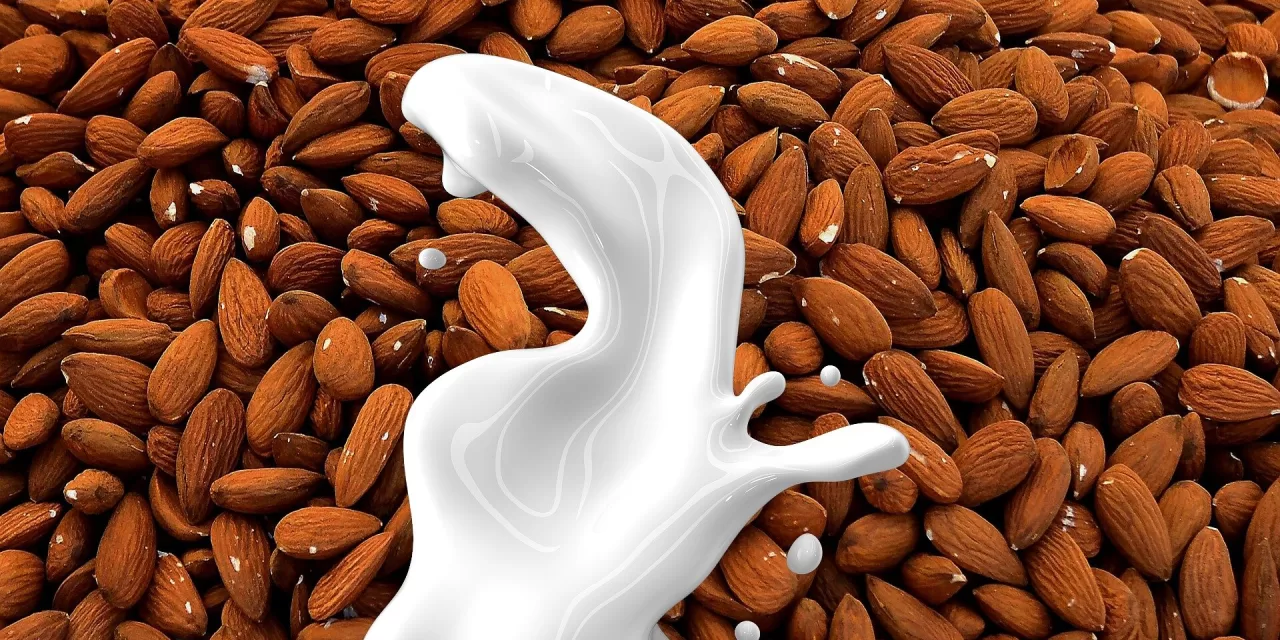With rising concerns over environmental sustainability, an increasing number of people in the U.S. are opting for plant-based milk alternatives over traditional cow’s milk. Whether it’s due to veganism, lactose intolerance, allergies, or simply a preference for taste, the popularity of plant milks like oat, soy, almond, and coconut milk is surging. However, it’s important to understand that plant milks are not nutritionally identical to cow’s milk.
In a recent discussion, Alice H. Lichtenstein, senior scientist at the Jean Mayer USDA Human Nutrition Research Center on Aging (HNRCA), and Diane McKay, assistant professor at the Friedman School of Nutrition Science and Policy, shared insights into the nutritional landscape of plant milks and what consumers should consider before making the switch.
Nutritional Differences Between Plant and Cow’s Milk
According to McKay, one of the common misconceptions is that plant milks are nutritionally equivalent to cow’s milk. “They are not,” she emphasized. Plant milks are made by soaking and grinding plant products like oats, soybeans, almonds, or hemp seeds, and while these beverages offer certain benefits, their nutritional profiles are distinct from cow’s milk.
Cow’s milk is a primary source of calcium, vitamin D, and high-quality protein for many Americans. In contrast, most plant-based alternatives contain far less protein, and the protein they do provide is often of lower nutritional quality. Soy milk, among plant milks, stands out because it closely mimics cow’s milk in terms of protein content, but it must be fortified with calcium and vitamin D, as do other plant milks, to match cow’s milk in these critical nutrients.
Another potential pitfall is added sugars. Lichtenstein noted that flavored versions of plant milks, especially almond and oat milk, often contain significant amounts of added sugar, which can impact those seeking low-sugar diets.
Are Plant Milks Healthier?
The belief that plant milks are inherently healthier than cow’s milk is misleading, McKay said. “Plant milks aren’t necessarily better or worse; they’re just different.” The health benefits of plant milks remain under-researched due to the sheer variety of options and the variability in their nutritional content. For instance, soy milk may provide more protein, while almond milk could offer more vitamin E.
One drawback to plant milks is their level of processing. Lichtenstein warned that many consumers concerned about processed foods might be surprised to learn that plant milks are more processed than cow’s milk. Manufacturers often add stabilizers and thickening agents like calcium phosphate or carrageenan, which can cause digestive issues in some individuals.
Choosing the Right Plant Milk
If you’re considering switching to plant milk, it’s essential to scrutinize nutrition labels carefully. Different brands, and even products within the same brand, can have wide variability in their levels of protein, calcium, vitamin D, and other nutrients. Checking the ingredient list can help you avoid added sugars and unnecessary additives.
McKay and Lichtenstein recommend that consumers rely on trusted dietary advice, such as the United States Department of Agriculture’s (USDA) guidelines. Currently, the USDA only endorses unsweetened, fortified soy milk as a suitable alternative to cow’s milk. This variety contains added calcium, vitamin D, and vitamin A, similar to the nutrients in dairy milk.
Lichtenstein also advised skepticism when following nutrition advice found on social media, as these sources often lack evidence and can be tied to marketing ploys.
Making a Nutritional Switch
Switching from cow’s milk doesn’t mean you have to replace it solely with plant milk. Lichtenstein suggested that nutrients like calcium and vitamin D can be obtained from other food sources. Fortified cereals, fish, eggs, and irradiated mushrooms are excellent alternatives for vitamin D, while calcium can be added to your diet through dark leafy greens, sardines, and certain nuts.
“If you’re going to stop drinking cow’s milk, just make sure you’re adjusting your diet to get the essential vitamins and minerals,” McKay concluded.
The Bottom Line: While plant milks offer variety, they are not a one-size-fits-all solution. Careful consideration of nutritional content, ingredient labels, and dietary adjustments is key to maintaining a balanced, nutrient-rich diet when making the switch from cow’s milk.












